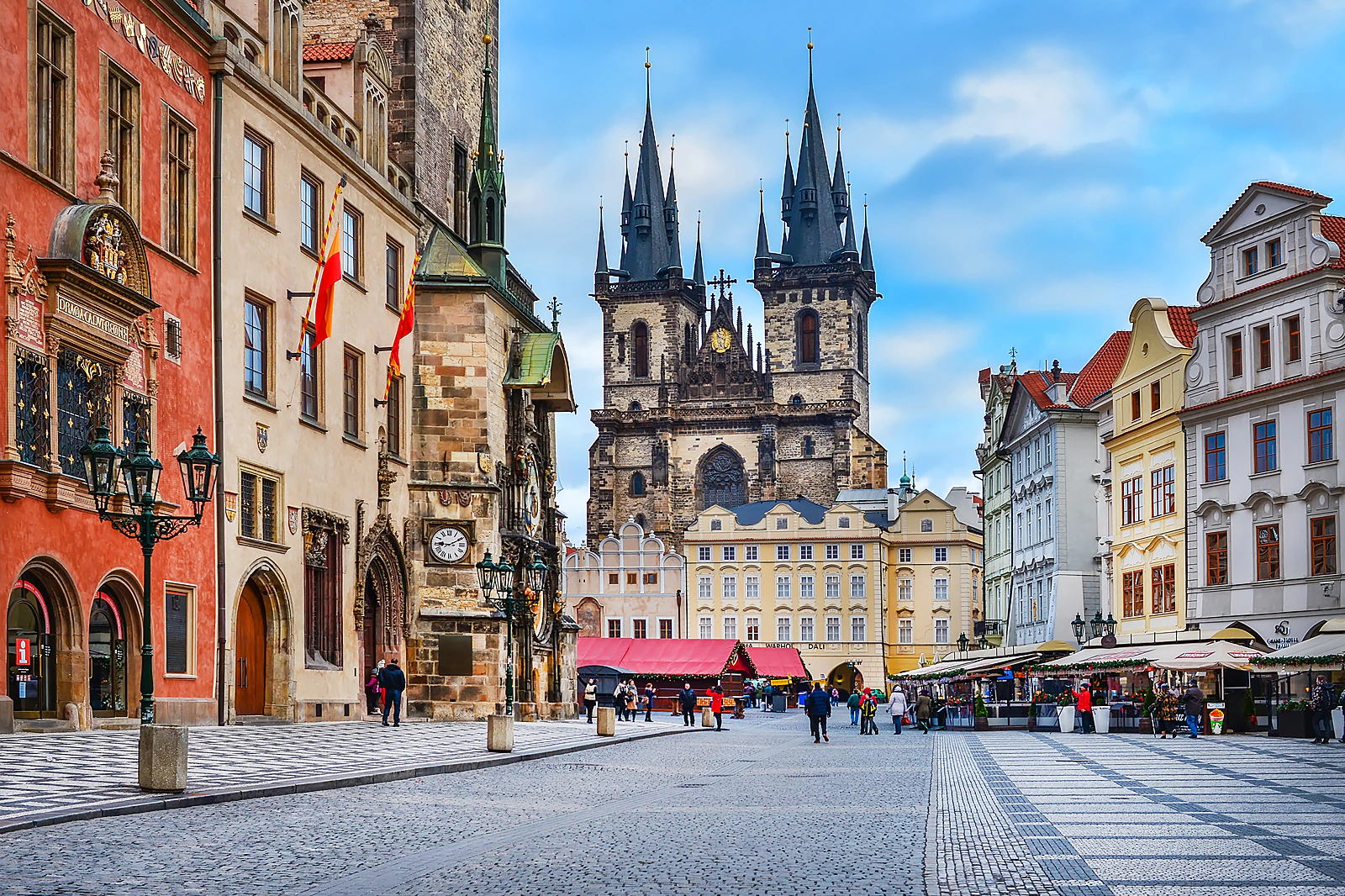Visiting Europe in winter is special. Many people look for warm beaches when it gets cold, but we love thinking about snowy streets and Christmas markets.
Winter means fewer tourists and lower prices in Europe’s big cities. You can have fun outside or enjoy cozy moments – like sipping hot chocolate in a Belgian café by the river. Here are seven cities you must consider visiting during the colder months.
- PRAGUE, CZECH REPUBLIC
Prague looks like it’s straight out of a fairy tale in winter, with its Gothic architecture and charming old town. The city is less crowded, allowing for a more intimate experience as you explore the snow-covered Charles Bridge and the Prague Castle. Don’t forget to warm up with traditional Czech food and hot mulled wine!
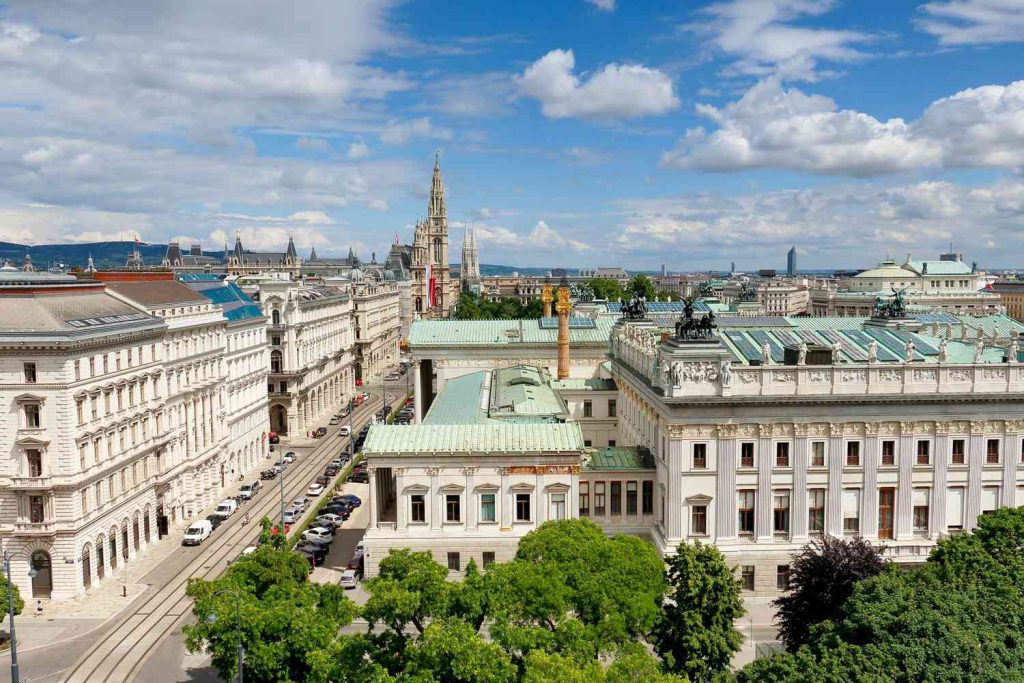
- VIENNA, AUSTRIA
Vienna is especially enchanting in winter, known for its imperial history and stunning architecture. The Christmas markets here are legendary, offering handcrafted goods and tasty treats. Enjoy a horse-drawn carriage ride through the cobbled streets or attend a classical music concert for an authentic Viennese experience.
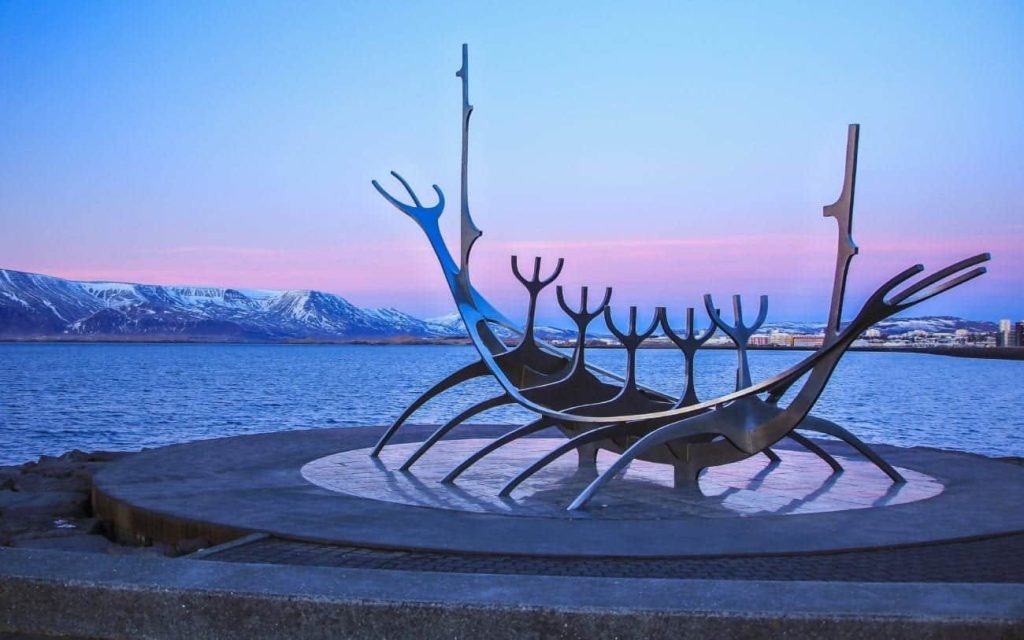
- REYKJAVIK, ICELAND
While Reykjavik may be chilly, the warmth of Icelandic hospitality will surely make you feel welcome. Winter is the perfect season to witness the awe-inspiring Northern Lights. Take a dip in the geothermal pools, and if you’re feeling adventurous, go on a glacier hike or snowmobile excursion.
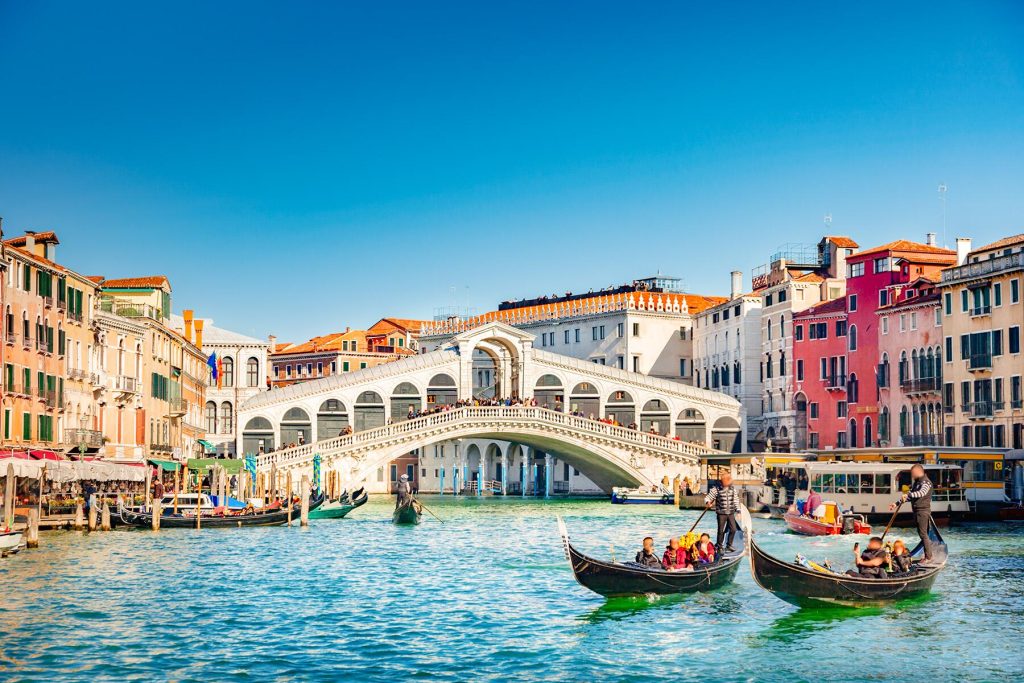
- VENICE, ITALY
Venice in winter is serene and mysterious, providing a stark contrast to the summer crowds. The misty canals and quiet streets give the city a romantic atmosphere. Be sure to visit during the Venice Carnival to see the elaborate masks and costumes. Indulge in some Venetian cuisine while you’re there – the seafood is exceptional!
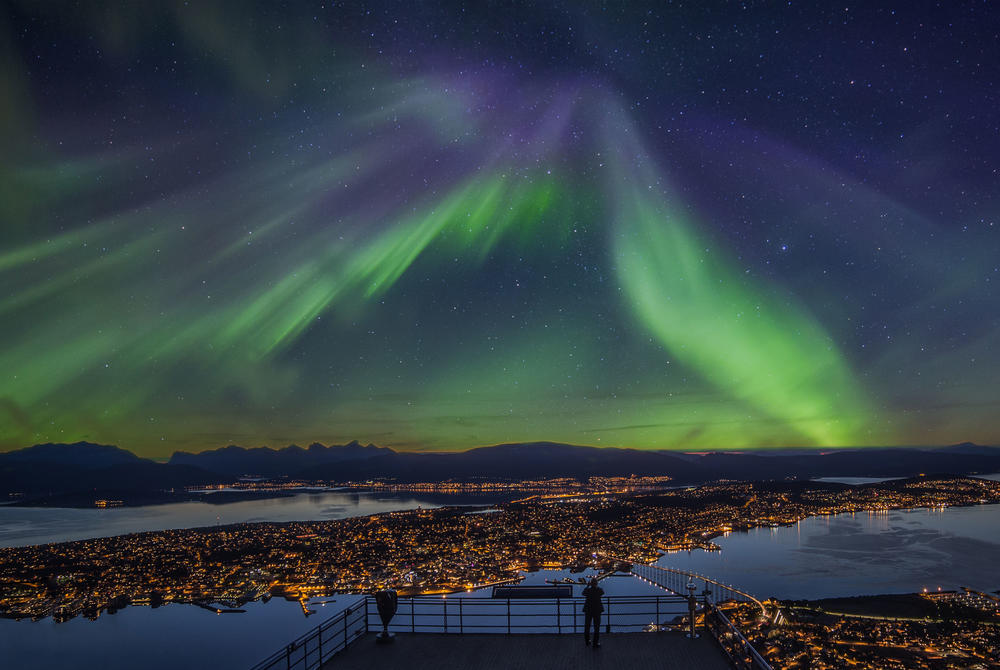
- TROMSØ, NORWAY
Venture above the Arctic Circle to Troms?, a gateway to the Arctic and a prime location for Northern Lights viewing. Winter here is a polar night wonderland, where the sun doesn’t rise for several weeks, but the snow-lit landscape and aurora borealis more than make up for it. Experience dog sledding, visit the iconic Arctic Cathedral, or join a whale-watching tour to see these majestic creatures in their natural habitat.
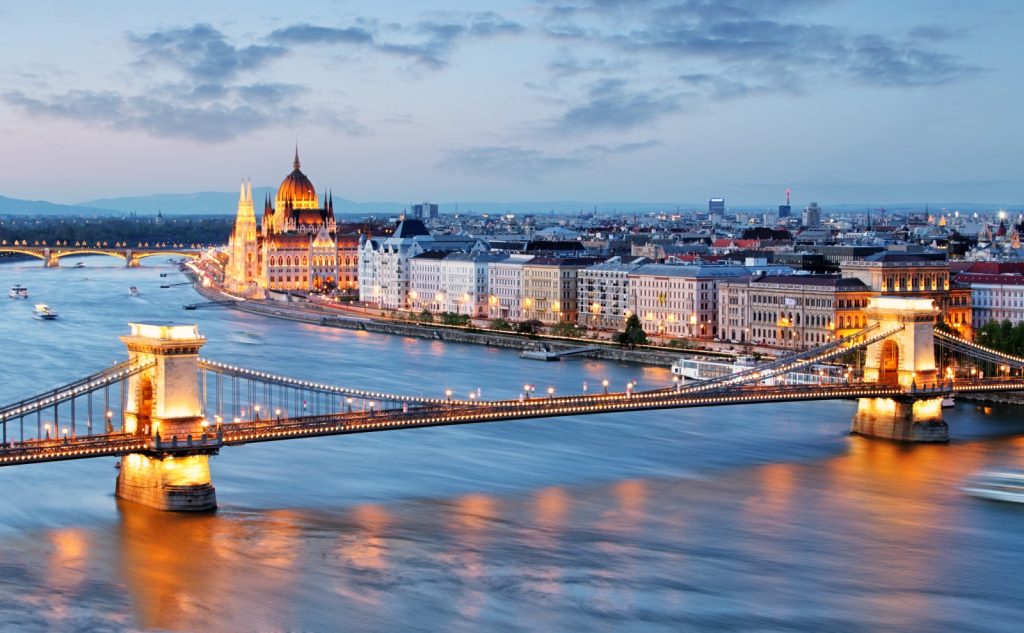
- BUDAPEST, HUNGARY
Budapest is known as the ‘City of Baths,’ and visiting the thermal baths is a must-do winter activity. The Hungarian capital is split by the Danube River, and the sight of the Parliament building lit up at night is unforgettable. Explore the Christmas markets, and don’t miss out on trying a bowl of hearty goulash to keep you warm.
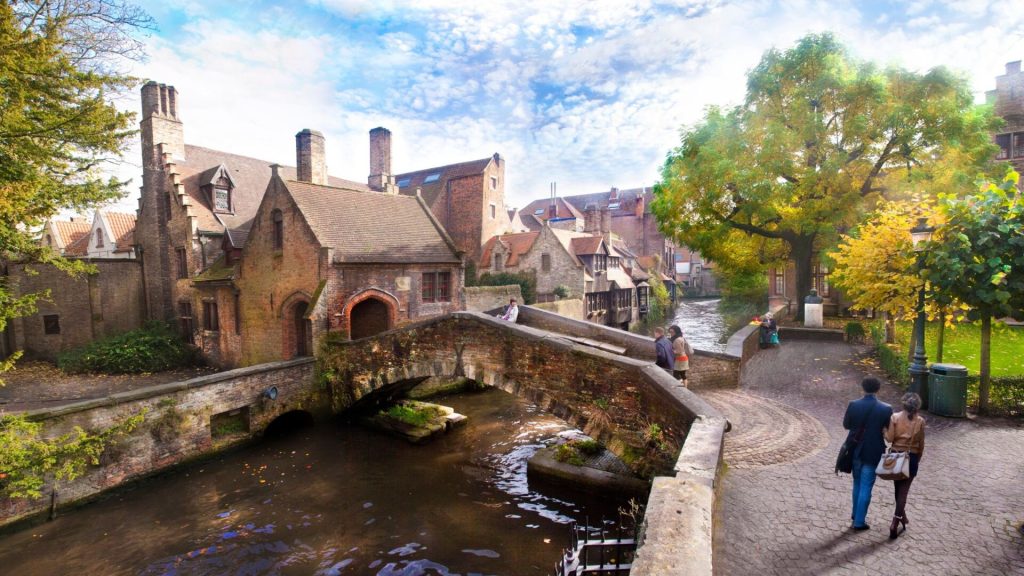
- BRUGES, BELGIUM
Step into a medieval storybook with a winter trip to Bruges. This Belgian city is enchanting with its cobbled lanes, historic buildings, and canals that look stunning when frosted over. The Christmas markets are cozy and inviting, offering the perfect opportunity to sample Belgian chocolates and waffles. Take a peaceful boat ride on the canals or simply stroll around enjoying the city’s picturesque views and tranquil atmosphere during the winter season.
FINAL WORDS
Each of these cities offers its own unique charm and winter activities that can make your European getaway truly memorable. So, pack your warmest clothes and get ready to explore these winter wonderlands!
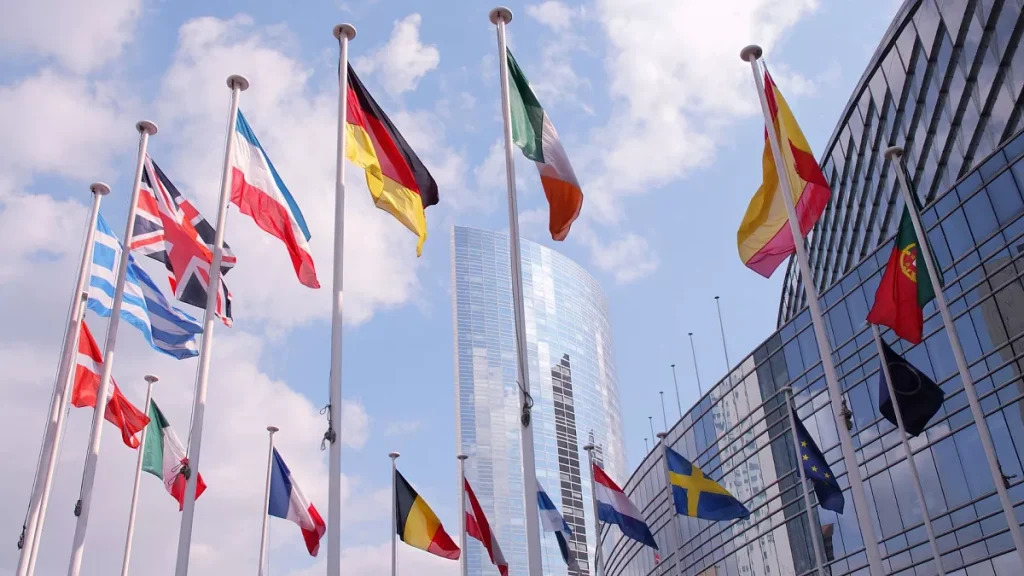
FAQs
Do I need a visa to travel to Europe?
It depends on your nationality and the country you are visiting. Many countries have agreements that allow tourists to visit without a visa for short stays. Check the visa requirements for your destination well in advance of your trip.
Can tourists buy international lottery tickets while visiting Europe?
Yes, tourists can buy international lottery tickets while visiting Europe. Many European countries offer their own national lotteries, and some participate in larger international lotteries, like Euromillions, that allow non-residents to purchase tickets. You can buy international lottery tickets anywhere at Lottoland.
Is it safe to travel around Europe?
Europe is generally very safe for travellers. However, as with any destination, it’s important to stay aware of your surroundings, especially in tourist-heavy areas where pickpocketing can be more common. Always check your government’s travel advisories before your trip.
What kind of power adapter do I need in Europe?
Most of Europe uses Type C or Type F plugs, and the standard voltage is 230V. Buying a universal adapter is a good idea if you plan to visit multiple countries.
Can I drink tap water in Europe?
In most parts of Europe, tap water is safe to drink. However, there may be some regions or specific localities where it’s advisable to drink bottled water. Check the local situation upon arrival.
How do I get around in Europe?
Europe has an extensive public transportation network, including buses, trams, and trains. For longer distances, consider taking high-speed trains or budget airlines. Renting a car gives you flexibility, but remember that parking can be challenging in big cities.
